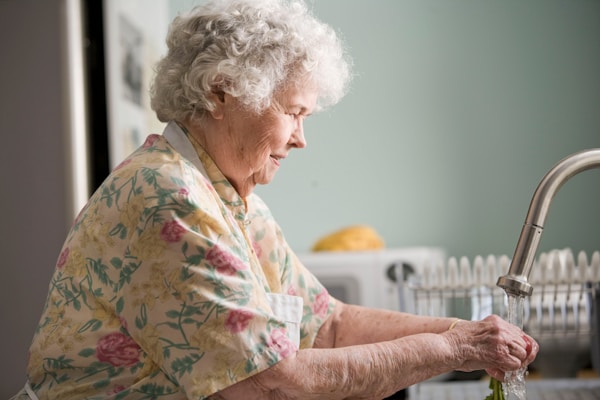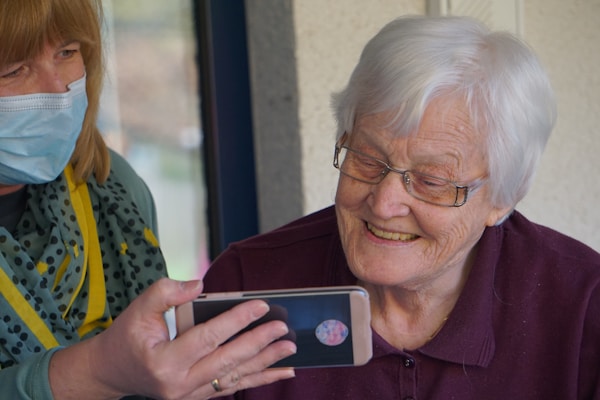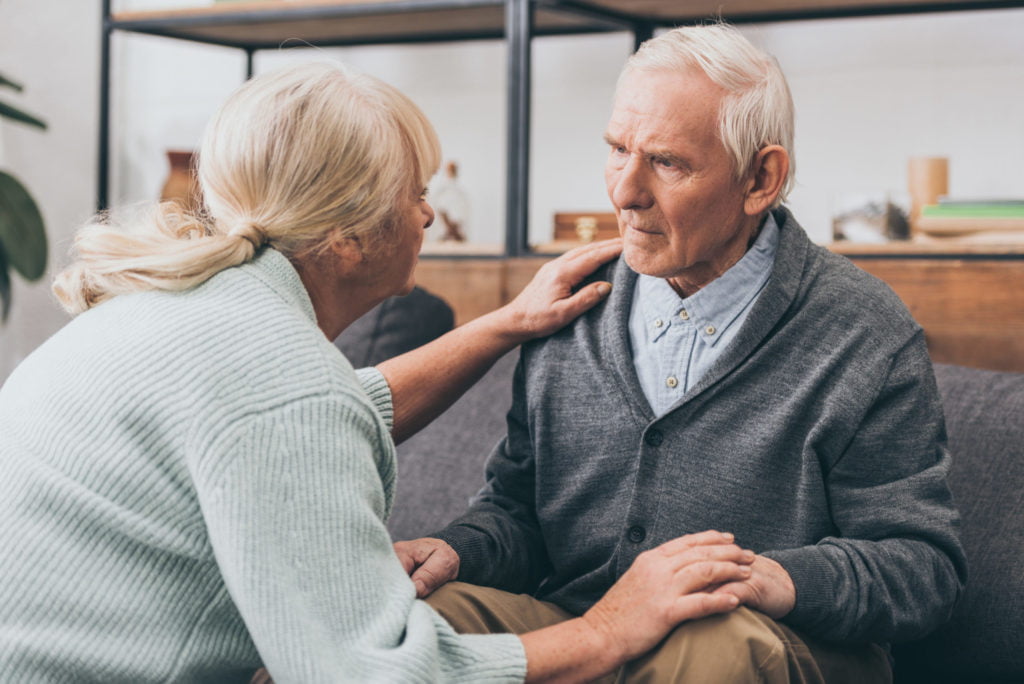If you aren’t familiar with Alzheimer’s disease, Alzheimer’s is the most common form of dementia, a general term for memory loss and other cognitive impairments that seriously interfere with daily life. Millions of Americans have been diagnosed with Alzheimer’s, most of whom are 65 and older. The disease usually starts slowly and worsens over time, affecting a person’s ability to think, remember, and communicate. As Alzheimer’s disease progresses, the person may become increasingly confused, disoriented, and inactive. Eventually, the person may need total care. Early diagnosis is essential, which is why you need to be aware of the symptoms of early-stage Alzheimer’s. If you want to learn more, read on to find out about some of the earliest signs of Alzheimer’s disease.
What are the earliest signs of Alzheimer’s disease?

There is no one definitive answer to this question as Alzheimer’s disease symptoms can vary from person to person. However, there are some general signs and symptoms that may indicate the onset of Alzheimer’s, including memory loss, difficulty completing familiar tasks, disorientation, problems with language, and changes in mood or behavior. In some cases, people may also experience changes in their physical abilities, such as problems with balance or coordination. If a loved one is experiencing any of these symptoms, consult a doctor to determine whether they could be indicative of Alzheimer’s disease.
If you have a loved one who is exhibiting symptoms of Alzheimer’s disease, there are a few things you can do to assist them. First, you should take them to a doctor so they can provide a diagnosis and a treatment plan. It is also necessary to create a calm and supportive environment for your loved one. This will make them feel comfortable and safe, and it can also reduce stress levels. Additionally, socialization is important for people with Alzheimer’s disease, as it can allow them to stay connected to their community. Try to encourage your loved one to participate in social activities, such as group gatherings, club meetings, or religious services.
How can you help a loved one with Alzheimer’s?

There are many ways that you can help a loved one who is living with Alzheimer’s disease. One of the best things you can do is to learn as much as you can about the disease and how to best care for your loved one. You can provide emotional support and help keep your loved one’s life as normal as possible. You can also organize caregiving, track medications, and communicate with the person’s doctor.
One of the most difficult aspects of living with Alzheimer’s disease is the fact that the person’s living environment changes along with their cognitive state. This can be extremely challenging for both the patient and their caregivers. Home modifications can be beneficial for Alzheimer’s patients, as they can create a more comfortable and familiar environment for the patient. Some examples of useful home modifications include: installing grab bars in the bathroom, adding raised toilet seats, and removing unnecessary clutter.
Alzheimer’s disease is a form of dementia that causes problems with memory, thinking, and behavior. You should learn how to recognize the symptoms of Alzheimer’s disease so you or your loved ones can seek treatment as soon as possible. Some common symptoms of Alzheimer’s disease include difficulty remembering recent events, forgetting how to complete common tasks, confusion about time and place, and changes in mood and behavior. If you or a loved one are experiencing any of these symptoms, see a doctor right away. Alzheimer’s disease can worsen over time, so you want to get treatment as soon as possible. There is no cure for Alzheimer’s disease, but there are treatments that can help improve the quality of life for those affected by it.





















